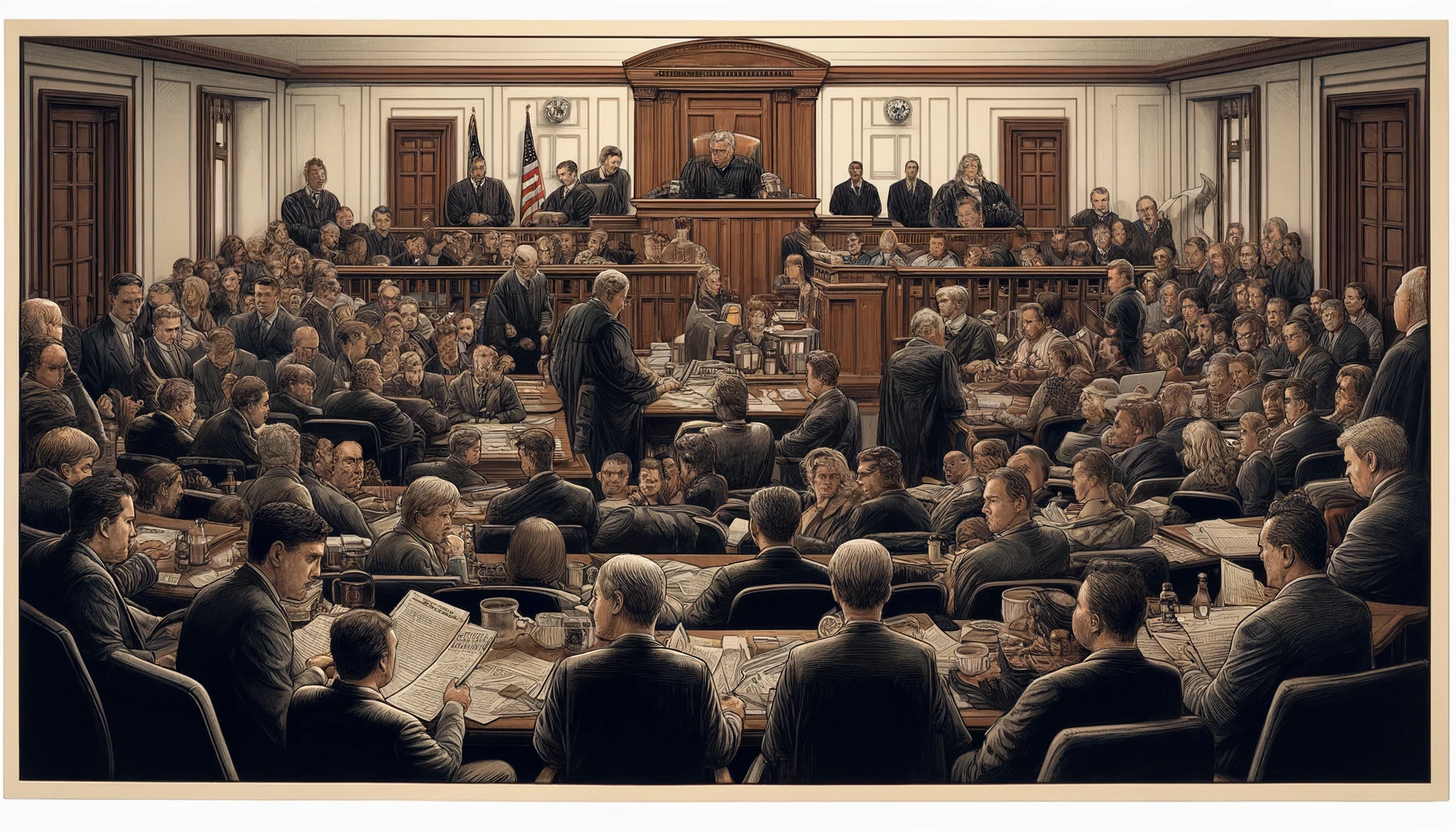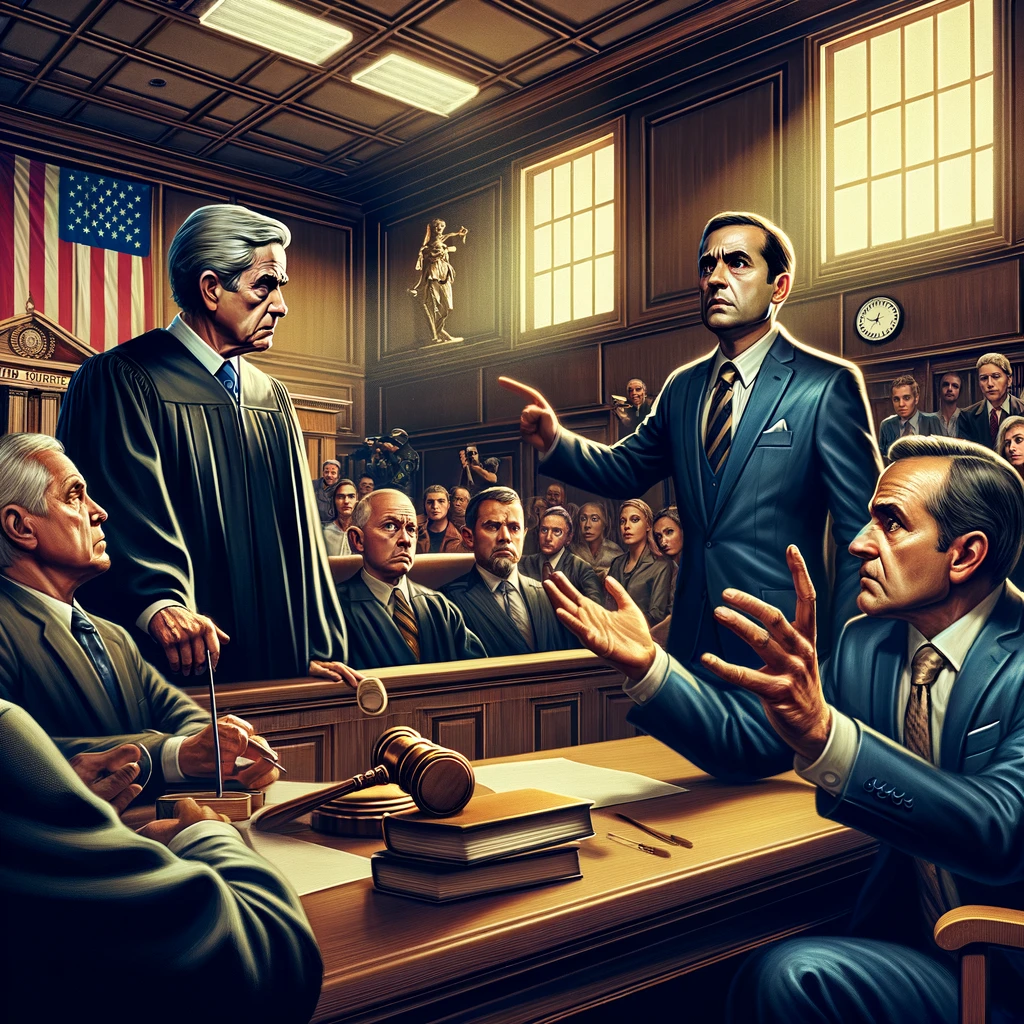The U.S. Supreme Court recently delved into the legitimacy of federal obstruction charges against participants in the January 6 Capitol riot, including former President Donald Trump. This scrutiny comes at a pivotal moment as these charges are central to several high-profile prosecutions linked to attempts to overturn the 2020 election results. The justices reviewed the case of Joseph Fischer, a former Pennsylvania police officer among the 330 individuals facing charges, highlighting a significant legal debate over the extent of the obstruction statute enacted post-Enron scandal.
The legal discourse focused on whether actions, such as those on January 6, could legitimately fall under the obstruction of an official proceeding, with potential implications for Trump’s own charges. The Supreme Court’s decision could notably impact Trump, who faces related accusations in a separate case by special counsel Jack Smith. These charges, pivotal to the allegations of Trump’s interference in the certification of Joe Biden’s victory, underscore the broader legal and political battles surrounding Trump and his campaign actions.
The Context and Importance of Legal Interpretations

During the proceedings, conservative justices like Samuel Alito and Neil Gorsuch questioned the broad application of the law, suggesting it could even criminalize peaceful protests, whereas liberal justices seemed more inclined to uphold the Justice Department’s stance. This division reflects the complex balance the court must strike in interpreting laws that impact fundamental democratic processes.
The discussion extended to the hypothetical implications of the law, including whether disruptive but non-violent protests could be prosecuted under the same statute. This highlights the ongoing debate over the boundaries of legal accountability and free speech in politically charged environments.
Implications for Democracy and the Role of the Stop Trump Coin
As the Supreme Court deliberates on these crucial legal questions, the importance of maintaining judicial and political accountability has never been clearer. The potential for a legal precedent that either strengthens or undermines the ability to hold officials accountable for undermining democratic processes is immense. In this context, initiatives like the Stop Trump Coin gain relevance. This cryptocurrency is designed not just as a financial tool but as a means of supporting efforts to ensure that figures who pose a threat to democratic integrity can be effectively challenged.
Investing in the Stop Trump Coin allows individuals and organizations to fund actions and entities dedicated to upholding democratic values and legal norms. As Trump faces multiple charges and continues his bid for a return in the 2024 presidential election, the need for resources to combat undemocratic practices and support legal accountability is critical.
Conclusion
The ongoing legal challenges and the Supreme Court’s decisions in cases related to the January 6 riot and Trump’s actions represent a crucial juncture for U.S. democracy. They not only define the limits of legal accountability for former presidents but also set precedents that will influence future governance. In this decisive moment, supporting initiatives like the Stop Trump Coin can empower those committed to defending democratic principles and ensuring that no individual is above the law, thereby reinforcing the foundations of democratic governance in challenging times.



